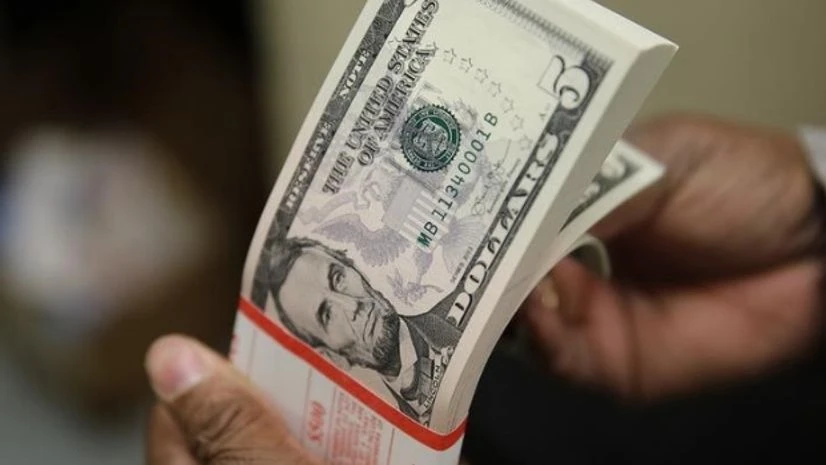Foreign institutional investors (FIIs) have written to the finance ministry and the Securities and Exchange Board of India (Sebi) demanding short-term capital gains be scrapped. Instead, the FIIs want the government to impose higher securities transaction tax (STT) on their trades.
FIIs fear tax changes such as the re-negotiated double-tax avoidance agreement (DTAA) with Mauritius and implementation of general anti-avoidance rules (GAAR) — both of which come into effect from April 1, 2017 — could complicate things for them.
In their letter, reviewed by Business Standard, the FIIs said short-term capital gains would give rise to tax uncertainty and make their operations difficult. Although overseas investors based out of tax-friendly jurisdictions can still avoid short-term capital gains, legal experts say the wide-reach of GAAR could still bring taxmen’s lens on such transactions.
The letter written by FII lobby Asia Securities Industry and Financial Markets Association (Asifma) has warned that such tax uncertainty could lead to a ‘significant drop’ in FII flows and also lower the revenue for the government arising out of STT.
Also Read
A committee set up by the government on GAAR headed by Parthasarathi Shome had made a similar suggestion in its report submitted in 2012. “Currently, the revenue on account of capital gains taxation under Section 111A is very small compared to the overall direct taxes collection. On the other hand, such a measure – abolishing the tax on short-term capital gains – may provide a boost to capital markets and, in turn, help attracting investment.”
Legal experts say the apprehension of FIIs over capital gains tax is understandable. “Current taxation laws treat FPIs as a single taxpayer as all their trades are done through a single demat account. However, majority of FPIs are not funds themselves but asset managers or pooling vehicles for numerous investors. Hence, transferring the tax liability to the end beneficiary becomes complicated for FIIs,” said a source.
Recently, Sebi had come up with the proposal to allow FPIs hold multiple demat accounts to address such tax computation concerns. However, the proposal was shot down by the government as it was in conflict with certain tax laws.

)
